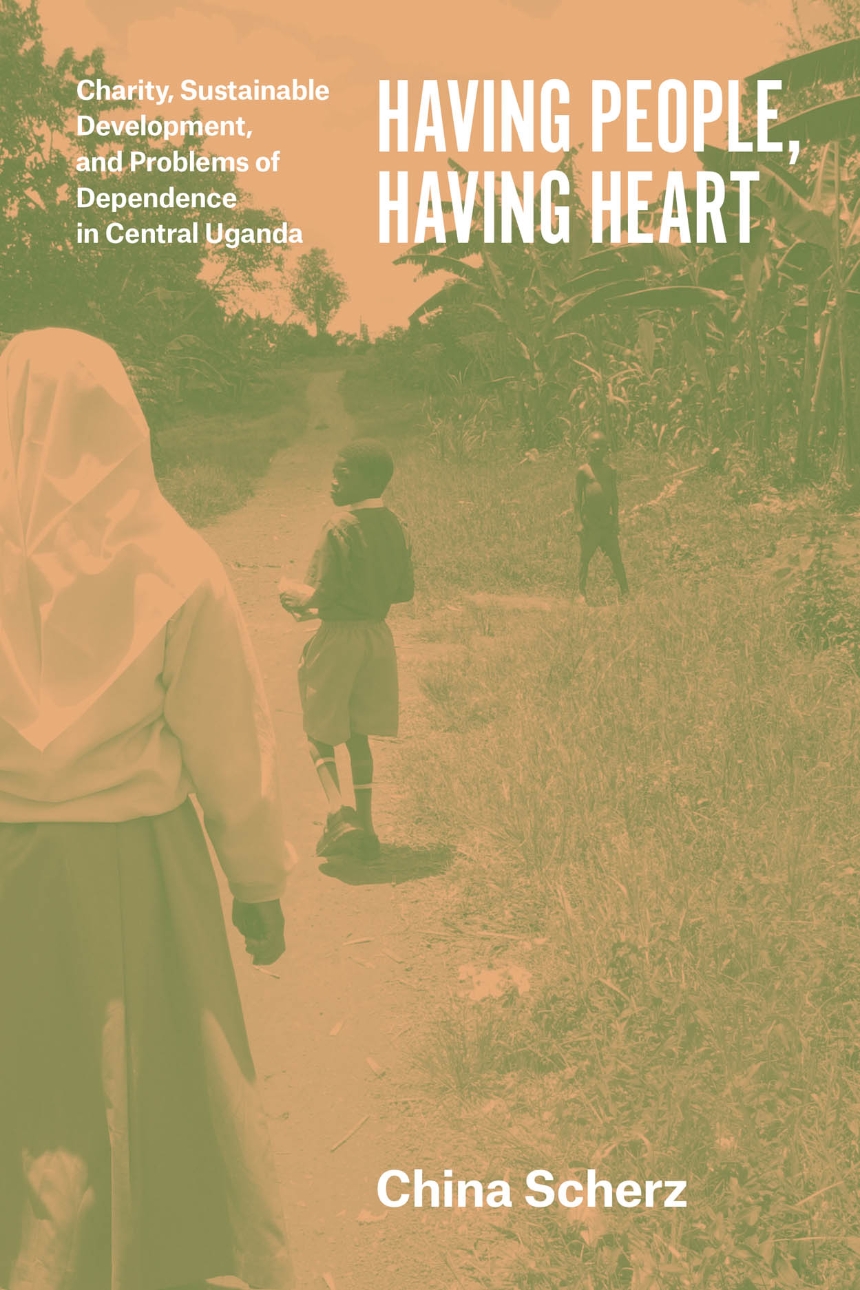Having People, Having Heart
Charity, Sustainable Development, and Problems of Dependence in Central Uganda
9780226119670
9780226119533
9780226119700
Having People, Having Heart
Charity, Sustainable Development, and Problems of Dependence in Central Uganda
Believing that charity inadvertently legitimates social inequality and fosters dependence, many international development organizations have increasingly sought to replace material aid with efforts to build self-reliance and local institutions. But in some cultures—like those in rural Uganda, where Having People, Having Heart takes place—people see this shift not as an effort toward empowerment but as a suspect refusal to redistribute wealth. Exploring this conflict, China Scherz balances the negative assessments of charity that have led to this shift with the viewpoints of those who actually receive aid.
Through detailed studies of two different orphan support organizations in Uganda, Scherz shows how many Ugandans view material forms of Catholic charity as deeply intertwined with their own ethics of care and exchange. With a detailed examination of this overlooked relationship in hand, she reassesses the generally assumed paradox of material aid as both promising independence and preventing it. The result is a sophisticated demonstration of the powerful role that anthropological concepts of exchange, value, personhood, and religion play in the politics of international aid and development.
Through detailed studies of two different orphan support organizations in Uganda, Scherz shows how many Ugandans view material forms of Catholic charity as deeply intertwined with their own ethics of care and exchange. With a detailed examination of this overlooked relationship in hand, she reassesses the generally assumed paradox of material aid as both promising independence and preventing it. The result is a sophisticated demonstration of the powerful role that anthropological concepts of exchange, value, personhood, and religion play in the politics of international aid and development.
Reviews
Table of Contents
Acknowledgments
ONE / Introduction: What We Are Doing Here Is Not Charity
TWO / Genealogies: Accidental Histories of Charity, Sustainable Development, and Kiganda Ethics of Interdependence
THREE / Waiting: The Disappointments of Sustainable Development
FOUR / “Love Is the Answer”: Charity and Kiganda Ethics of Interdependence
FIVE / Performance Philanthropy: Sustainable Development and the Ethics of Audit
SIX / “Let Us Make God Our Banker”: Charity and an Ethics of Virtue
SEVEN Conclusion: The Politics and Antipolitics of Charity and Sustainable Development
Notes
References
Index
